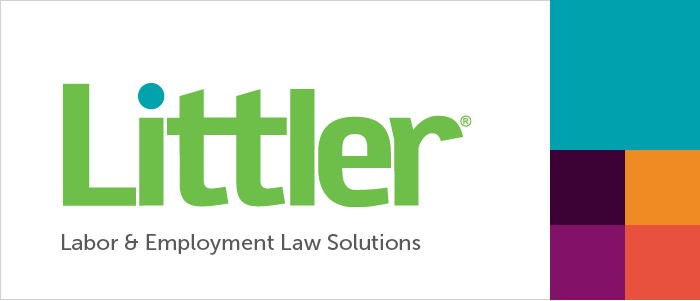
Employers Caution: Out-of-Hours Emails and the 48-Hour Working Week
Precedential Decision by Judiciary or Regulatory Agency
Author: Loughlin Deegan, Partner – BryneWallace
The Irish Labour Court case of Kepak v. Gráinne O’Hara recently illustrated the risk for an employer when its employee is found to have worked excessive hours. In Ireland, subject to certain prescribed exceptions, an employer is in breach of the Organisation of Working Time Act 1997 if it permits its employee to work more than an average of 48 hours per week. The employee in this case was awarded €7,500 in respect of such a breach because (among other factors) the employee was found to have regularly replied to work-related emails late at night.
Case Law Demonstrates the Importance of Employee Data Protection Policies and IT/Acceptable Usage Policies in Defending Unfair Dismissal Claims
Precedential Decision by Judiciary or Regulatory Agency
Authors: Stephen Kane, Solicitor & Elaine Kelly, Partner – BryneWallace
A recent decision of the Irish Workplace Relations Commission and a decision of the Irish Labour Court highlight the benefit to an employer of having an Employee Data Protection Policy and an IT/Acceptable Usage Policy. In both cases, dismissal for breach of company data protection and IT-related policies was found to be fair. In one case, the complainant was dismissed for having kept a logbook containing highly sensitive personal data of patients. In another case, the employee was dismissed for possession of highly confidential company data, including commercially sensitive financial information and guest personal data.
Recommended Changes to Whistleblowing Legislation
Important Action by Regulatory Agency
Author: Emmet Whelan, Partner – BryneWallace
The Irish Department of Public Expenditure and Reform recently published a report on its statutory review of the Protected Disclosures Act 2014 (Irish whistleblowing legislation). The report suggests a number of changes to whistleblowing legislation, including enlarging the list of prescribed persons (appropriate persons to receive disclosures) and providing guidance to improve the consistency of reporting by public bodies. The report also notes that an amendment to the 2014 Act is likely to be required in due course to transpose an EU Directive on whistleblowing, once the negotiation process has been completed.